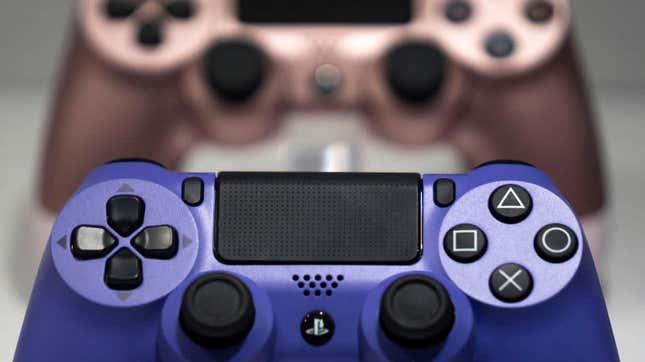
After The Guardian ran a story earlier this year on gamers inverting their controls, a group of scientists—who have shifted their studies into online stuff during Covid—are now going to do a little research to try to find out why some people play video games the normal way, while others try to play them backwards.
(I am half-joking here—years spent playing flight sims as a kid have irrevocably fucked me up when it comes to which games I play inverted and which I don’t)
As The Guardian report, Dr Jennifer Corbett and Dr Jaap Munneke from the Visual Perception and Attention Lab at Brunel University, London, are currently asking for volunteers to take part in experiments “running remote behavioural and psychophysical experiments” designed to examine how “an individual’s visual perceptual abilities may affect how they interact with both real and virtual environments”.
In other words, whether there’s something going on upstairs that determines why people prefer inverted controls, and whether that same tendency is reflected elsewhere in their lives.
“Most research focuses on how people pay attention to individual objects, but humans can’t really process more than a few details at once,” Corbett says. “There’s a gaping hole in our knowledge regarding how our visual perception is heavily dependent on the rest of this vast majority of sensory information. Being able to predict how a person will interact within a given environment or context can bring about monumental advancements in technology.”
While this all sounds terribly abstract, some of the real-world applications Corbett suggests this research could benefit are stuff like “safety-critical tasks like detecting weapons in baggage scans or tumours in X-rays.”